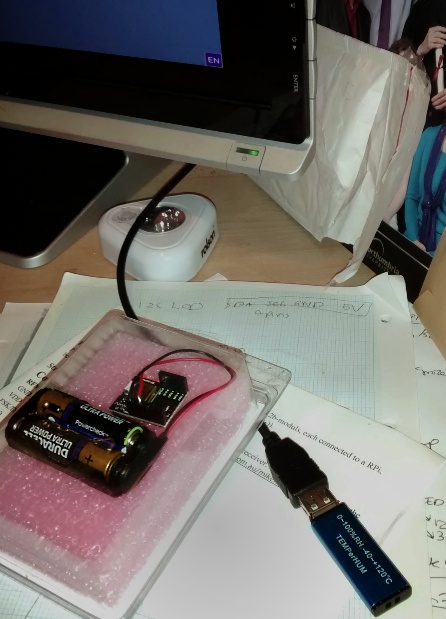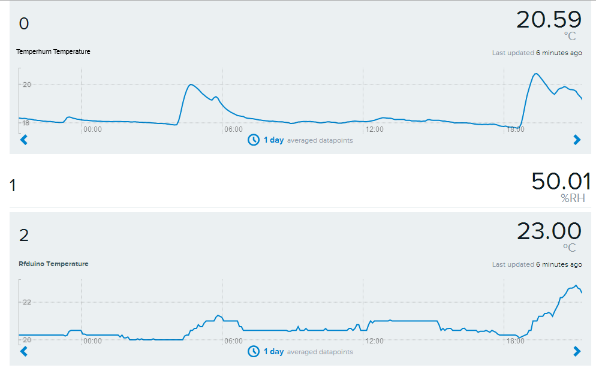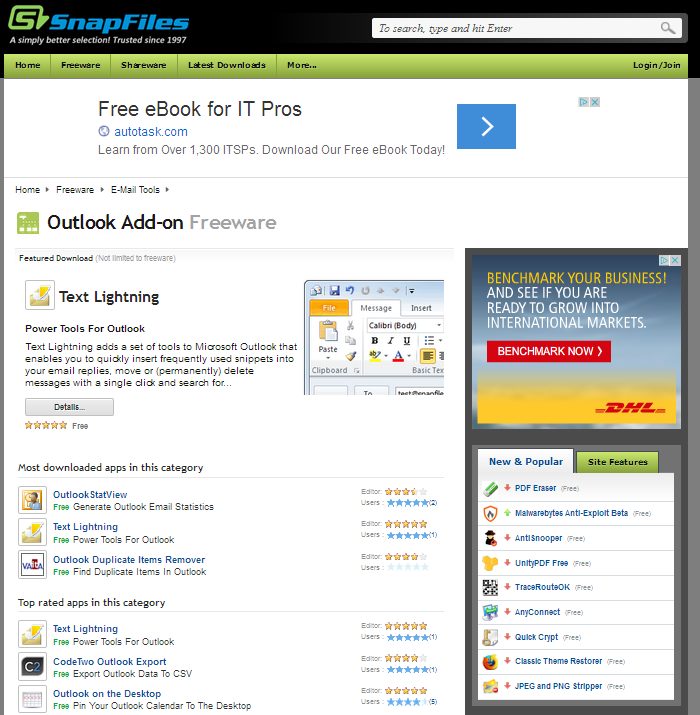Well, I’ve now debugged a few issues with my scripts from my last post.
(made them a bit more fault tolerant and actually take notice of $? exit statuses) .
Recap: Temperhum (USB) -> Raspberry Pi -> Xively chart, now also
RFDuino (bluetooth wireless) -> Raspberry Pi -> Xively chart
Tip: If you’re struggling with the bluetooth on linux giving rx timeout errors (check the syslog if it’s not in the console),
update the software with the following commands:
sudo apt-get update
sudo apt-get upgrade
The Rfduino has been sitting next to my usb Temperature and Humidity sensor for a few weeks collecting data.

RFDuino and Temperhum
Since it had been both collecting data for a few weeks and sending them to Xively / Pachube / Cosm, I had a quick look to see how closely the readings match.

The graphs do show correlation, thank goodness, but it looks like the RFDuino’s temperature scale isn’t right. The RFDuino is only updating the graph once a minute whereas the Temperhum is 2x a minute.
I didn’t really expect great accuracy for the RFduino thermometer seeing as it’s measuring from the chip. But this would still be useful in some more basic cases.
I think next on the roadmap for the RFduino is connecting sensors/remote controls (it would be cool to attach my RelaySockets to this and control the 2 connected relays via bluetooth from my Pi and Android smartphone!

My Humidity and Temperature sensor
A Temperhum from PCSensor.
A great little bit of kit – once you work out the conversion values for the C++ USB/i2c/HID code that lets linux talk to the thing!



